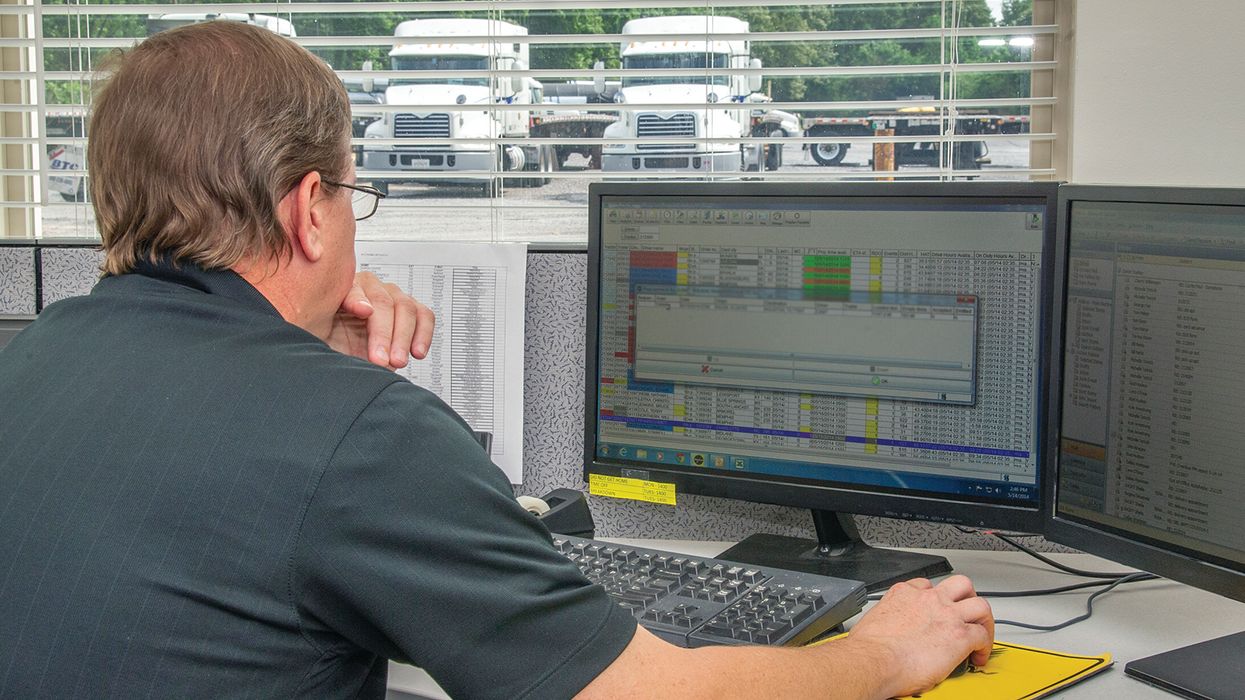How to rise above in a down economy
Many economists believe that the United States is headed for a recession. Many more believe that the trucking sector is already there. However, a negative economy does not have to mean a negative outlook. For every loser, there is a winner. This article presents three strategies to help small fleets succeed and improve their position in a challenging economy.
Buy low and sell high
Every financial planner or strategist is willing to offer at least one free tip, “Buy low and sell high.” While this advice may seem unhelpful on the surface, it is true in every sense. Companies of all sizes are already tossing in the towel or attempting to “right size” their business model to balance supply with demand.
This means that there are more assets available, both hard and human, than in the last several years. With the pendulum swinging the other way, now may be the time to make smart acquisitions – particularly if your operation was using the upswing to pay down debt or build reserves. Work with professional financial advisors, attorneys, and accountants to determine where and if this strategy may be a good fit for your operation.
Control what you can
In a down economy, many things are out of your control, such as the price of fuel. But there are some factors you can control:
- Speed. The bigger the vehicle and the larger the fleet, the more return is realized by paying attention to this money waster.
- Out-of-route miles. It does not take many out of route miles to have a significant negative impact on fuel bills.
- Idling.
- Insurance. Insurance companies use underwriters to understand a carrier’s risk profile. Carriers that can demonstrate safe operation through culture, training, and technology pay less than carriers that cannot.
- Driver pay. Now may be a suitable time to look at the overall driver compensation package. Consider pay studies to determine whether you are receiving premium return on a premium compensation investment.
Take the opportunity to improve your culture
While pay is important, studies have shown that net pay is not the primary reason a driver leaves a fleet. The primary reason is imbalance in the value exchange. This may be expressed as “I don’t get paid enough to put up with (fill in the blank).”
Exit interviewers often hear the first part of the value exchange (pay) and miss the second (culture). Throwing money at the situation may bring the exchange formula back into balance, but so does improving the culture.
Often, improving culture is as simple as making sure that words match actions. Too often carriers tell drivers that they are the most important associates in the organization, but the actions do not match the sentiment. A “get in your truck and drive” attitude from non-driving associates is a sure way for drivers to feel unappreciated.
Key to remember
It may not be easy to sail against a head wind, but it is possible. Having a clear idea of what success looks like and where the final destination lies allows fleets to obtain the best internal and external resources, set realistic but challenging goals, and see opportunity where others see trouble.






















































